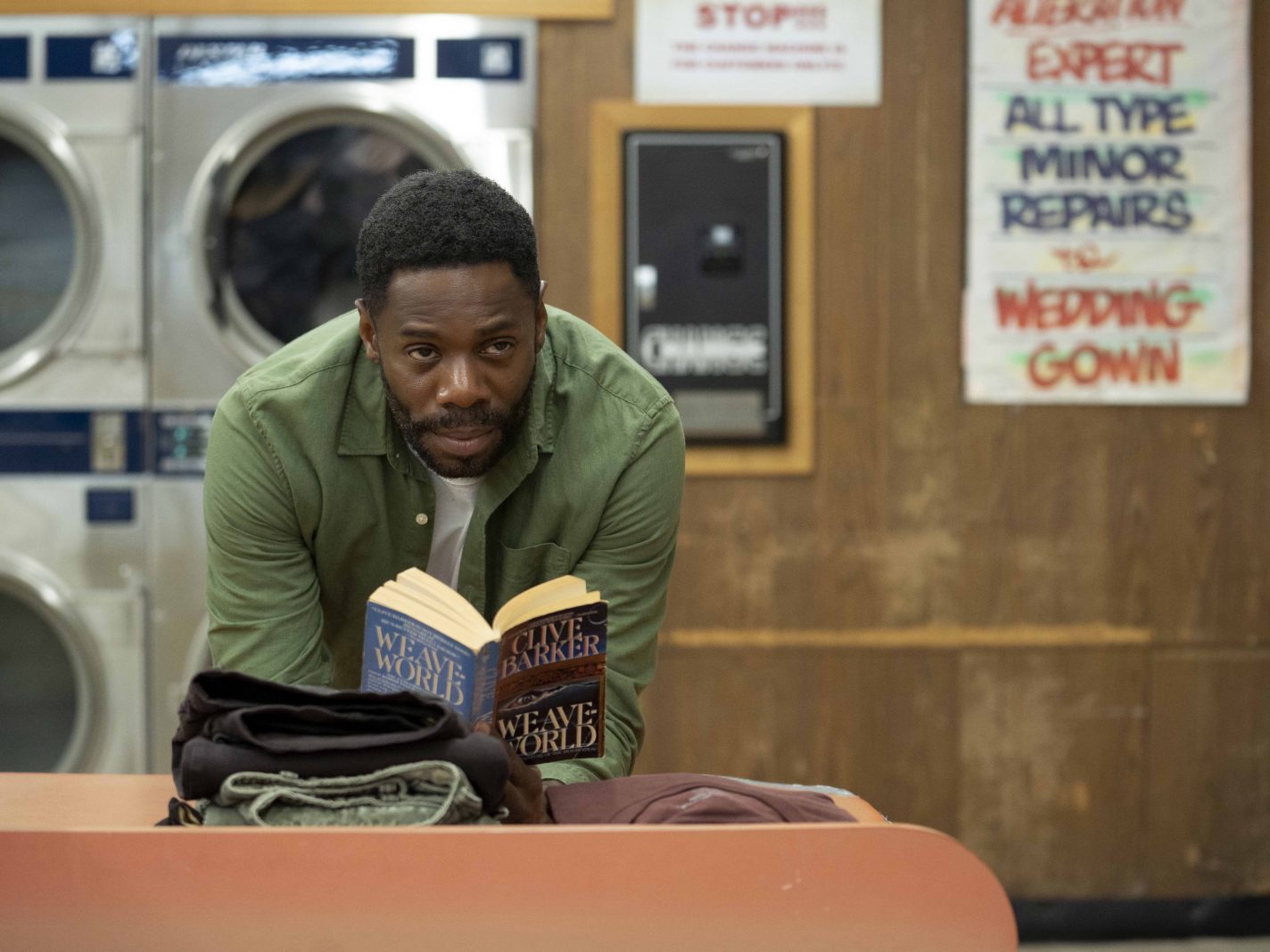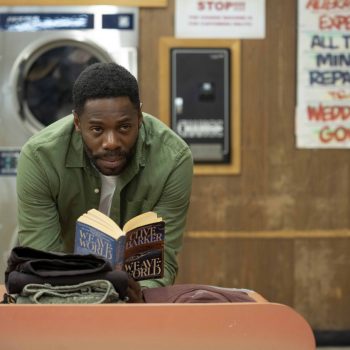Actor Colman Domingo (Ma Rainey’s Black Bottom) isn’t interested in doing things that are easy. He doesn’t want to star in a movie with a shallow script or play a cliché character whose only purpose in a narrative is to be “in service to the Caucasian lead.” After more than 30 years working as an actor on the stage and screen, Domingo is way past that.
“I want complex stories about our experiences,” Domingo told Remezcla during a recent interview. “I paint outside of the lines with my work. If I feel like I know how to do it, I’m not interested. It’s gotta keep me up at night and scare me a little bit. If it confounds me, that is what’s attractive to me.”
So, it was an easy call for Domingo to make when he found out Academy Award-winning screenwriter Jordan Peele had written a role for him in Candyman, a direct sequel to the 1992 horror film of the same name. Domingo quickly knew after reading the script that the Candyman mythology lent itself perfectly to the kinds of thoughtful horror movies Peele had already made like 2017’s Oscar-winning Get Out and 2019’s Us.
“The worlds and universes he’s creating and the kind of storytelling that he’s doing is seductive and innovative and really going to the heart of who we are,” Domingo said. “I realized the intention behind [Candyman] was to really dig deep into the subconscious and soul of America.”
In Candyman, Domingo plays William Burke, the owner of a local laundromat and longtime resident of the now-demolished Cabrini Green housing projects in Chicago, who tells the film’s main character, Anthony McCoy (Yahya Abdul-Mateen II), about the urban legend behind a supernatural killer known as the Candyman.
To summon the spirit, a person must say his name five times while looking into a mirror. As with Peele’s other films, Candyman, which is directed by Nia DaCosta (Little Woods), is not just a run-of-the-mill slasher flick. It incorporates deeper themes like systemic inequality, racial trauma, and gentrification.
“I think any actor worth his grain of salt really wants to feel like they’re a part of something that moves the needle on humanity,” Domingo explained. “When you get a script like this and understand the intention behind it, it’s not just to entertain but to also educate and inspire. We’re trying to find ways to heal and amplify at the same time.”
Domingo hopes to continue to land roles that have clear and meaningful objectives. This includes working on movie sets where he can speak his mind and collaborate with everyone involved on the project. “People know immediately if they want me in the room or not because I’m going to question the entire process,” he said before he continued, “I’m not just concerned about my function as an actor, but about how we’re making the whole sausage.”
In the future, Domingo also made it crystal clear that he would like to play more Afro-Latino characters. It’s something he has done on stage, but not for a film or TV series. As a strong proponent of diversity in all aspects of filmmaking, Domingo understands that there’s still a lot of room for improvement when it comes to getting Black and Latino projects off the ground.
“We can no longer just be in front of the camera, we have to be behind the scenes in every single way,” he explained. “We have to be the producers and financiers, so we can make sure the roles and opportunities are there. People of color have always been groomed to give our dollars to see other stories. We have to change the culture of what we think is important.”
Candyman debuts at theaters on August 27, 2021.




